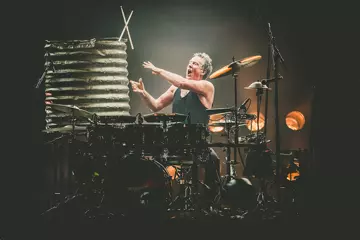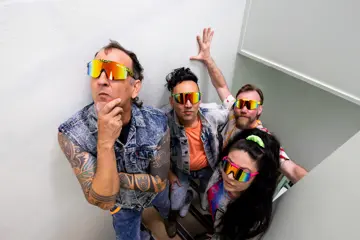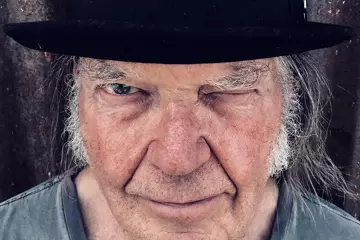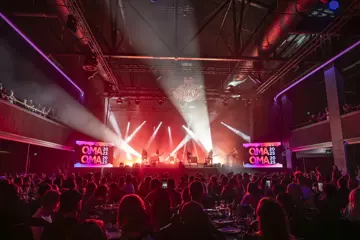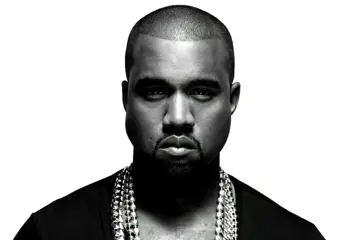Sound is frequently as integral to cinema as image: it suggests worlds beyond the frame, and enhances/alters one's perception of image, all of which Berberian Sound Studio is more than conscious of. In it, mild-mannered British sound engineer Gilderoy (Toby Jones) is recruited to work on the post-production of an Italian horror film in a countryside studio. He doesn't know why he of all people has been chosen for the job; the gore and perversion of the film, titled The Equestrian Vortex, he mentions is far removed from the sort of films he usually works on (of which is obliquely hinted at later on). Eventually, the demands of filmmakers, the desensitisation of watching brutality on an endless loop, the growing frustration of un-reimbursed flight tickets, and most of all, the sheer noise of the work-in-progress leads to his sanity slowly slipping away.
Peter Strickland's debut feature Katalin Varga announced him as a talent to watch, and this follow-up confirms him as a real-deal. Combining elements of Polanski, Lynch, Kafka, and Brian DePalma's Blow Out, the main attraction of this film conversely lies in its singularity. It opens – somewhat misleadingly – as a loose homage to Italian 'Giallo' horror (think Dario Argento, Mario Bava, etc), with the strikingly artful opening credits sequence of the film-within-a-film presented in lieu of the Berberian's own. Strickland's eye, however, becomes more critical as the film progresses, as Vortex's arrogant and boorish director becomes increasingly megalomaniacal and the content of the film (largely unseen) more reprehensible in Gilderoy's eyes.
Berberian's progression from low-key behind-the-scenes drama to something altogether more strange and hallucinatory, and its sacrifice of emotional resonance in favor of formal, reflexive pleasures, is sure to frustrate even some avowed cinephiles. But for those on its wavelength, the liminal spell is undeniable.



